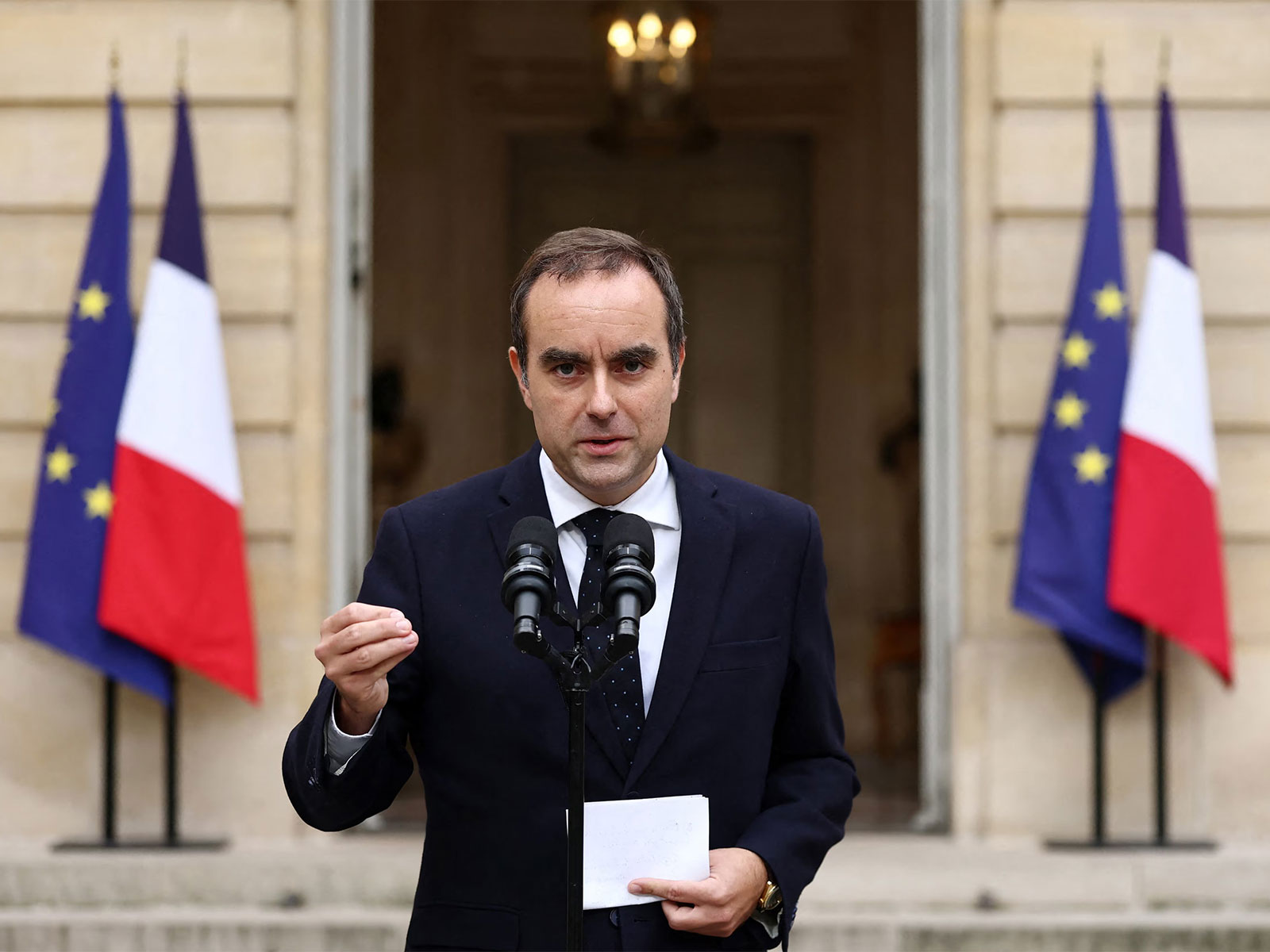Lecornu's Return: Navigating France's Budget Crisis
French President Emmanuel Macron reappoints Sebastien Lecornu as prime minister, aiming to stabilize a divided parliament and pass a crucial 2026 budget. Macron's political maneuvering faces resistance from leftist parties, with potential economic repercussions as France grapples with political instability and the threat of snap elections.

In a bold political maneuver, French President Emmanuel Macron on Friday reappointed Sebastien Lecornu as prime minister, after his brief resignation earlier this week. Macron aims for Lecornu, a loyalist, to secure enough parliamentary support to pass a critical 2026 budget amidst a divided political landscape.
Macron's decision has drawn criticism from political adversaries who argue for early elections or his resignation. With the urgent task of delivering a budget by Monday, Lecornu pledges to resolve France's political crisis and improve the daily lives of its citizens. However, leftist leaders are dismayed by Macron's choice not to appoint a prime minister from their ranks.
Political turbulence has stalled economic growth and unsettled financial markets, largely due to Macron's previous election gamble that resulted in a hung parliament. As budget negotiations continue, conflict arises over the left's demand to reverse pension reforms and impose heavier taxes on the wealthy, clashing with conservative priorities.
(With inputs from agencies.)
ALSO READ
France's Political Turmoil: Lecornu Reappointed as Prime Minister
Escalating Tensions: Russian Strikes Devastate Kyiv, Prime Minister Svyrydenko Confirms Major Energy Disruption
Macron's Political Balancing Act: A Prime Minister Dilemma
Congress Sets Sights on Solo Campaign in Uttar Pradesh Legislative Council Elections
Macron Navigates Political Turmoil Amidst Prime Minister Search










